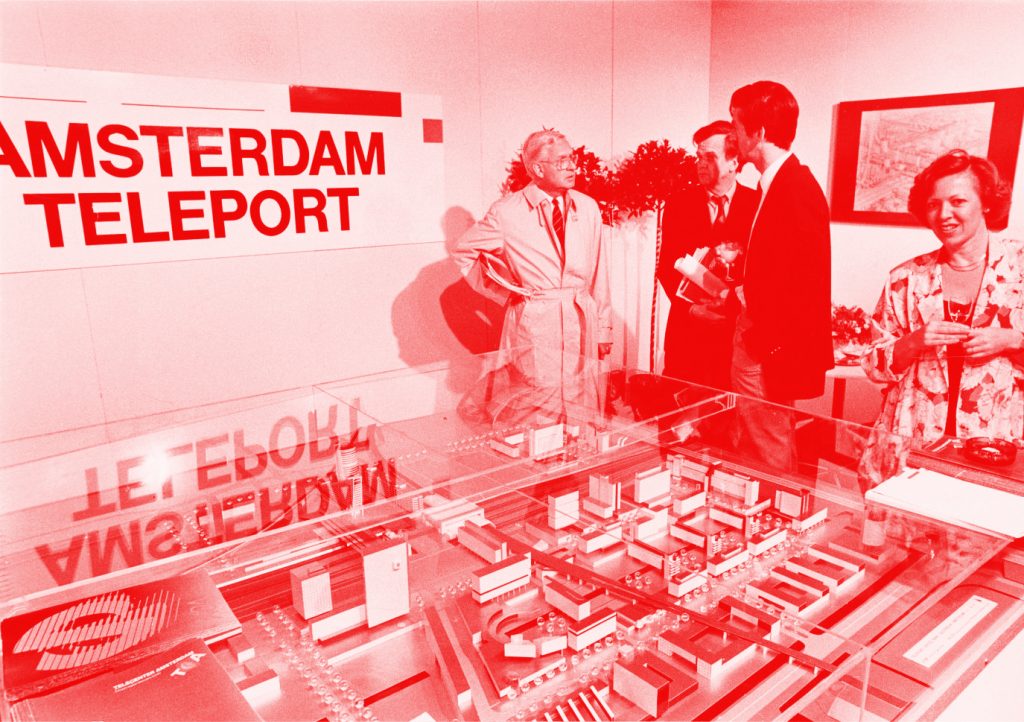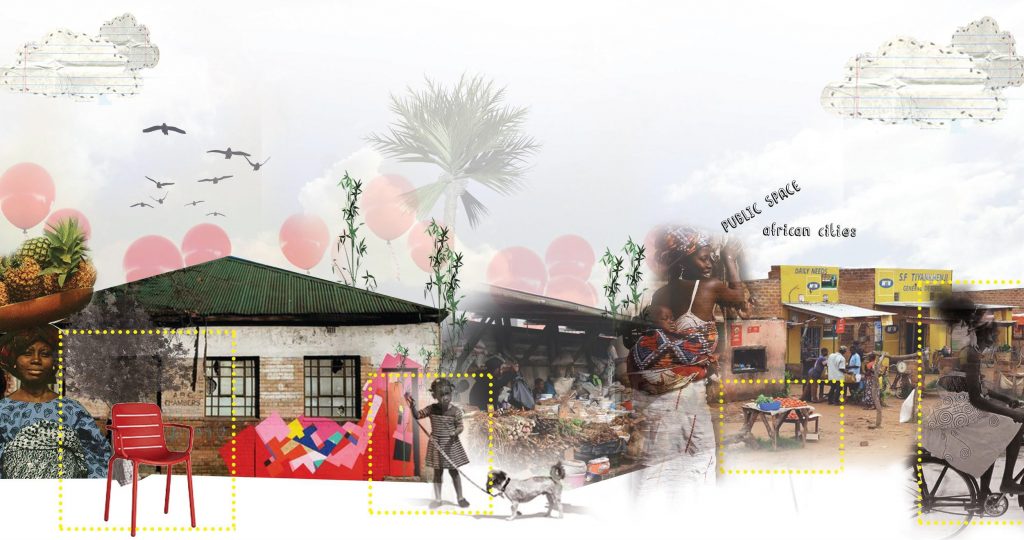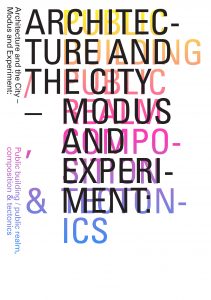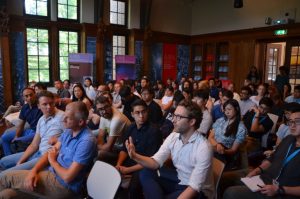In a flying visit to Greater Boston, particular urban design themes related to the city of the future have become manifest once again. On the one hand, thoughts on infrastructure and public space need to be interrelated. People move in various ways, yet the faster they move (most likely by individual or collective transport), the less exchange between them will happen. Although highways and rail tracks increase accessibility and connectivity, and are of extreme importance for the metropolis, it is known that these bundles may cause barriers for those present locally, on both sides to meet and greet. The impact of the Central Artery tunnel project and Rose F. Kennedy greenway on the Boston downtown waterfront is a classic example in showing the importance of designing public places and creating walkable space in a dense urban development. Pedestrian spaces, preferably supported with undergoing public transit or smart hubs alike, is only not less space consuming, but also serves the gathering of people in a better way, hence it serves coincidental exchanges between them. The images of a ‘before’ and ‘after’ the dramatic transformation are a clear witness of this. The same is true in the recently developed business improvement districts. In a opposite way the surplus of fast lane infrastructure generated a lack of public place thus human exchange. The transit hubs of the North and South Station areas may be multi-layered centrality hubs which easily could follow the same strategy, yet here little of this is visible here. Current transformation may be just a first step in improving the stations’ premises. With their high potential in the public spheres, they will be definitively the next challenging urban transformation areas in need to be directed by the City. On the other hand, the City as the public government is not alone in this. Other non-gov stakeholders and pro-active citizens join in the urban development too. Historic Washington and Summer Street areas show what can be the impact collaborative improvements and community development. In fact every citizen has impact simply by being present in the city. People are the prime actors in the urban networks and physical systems. They make the urban space public. It is omnipresent when one would simply walk from School-Franklin, Bedford West, and Park Plaza to City Hall, and trace whatever they do and sense in the city. It adds another perspective to future intervention areas.
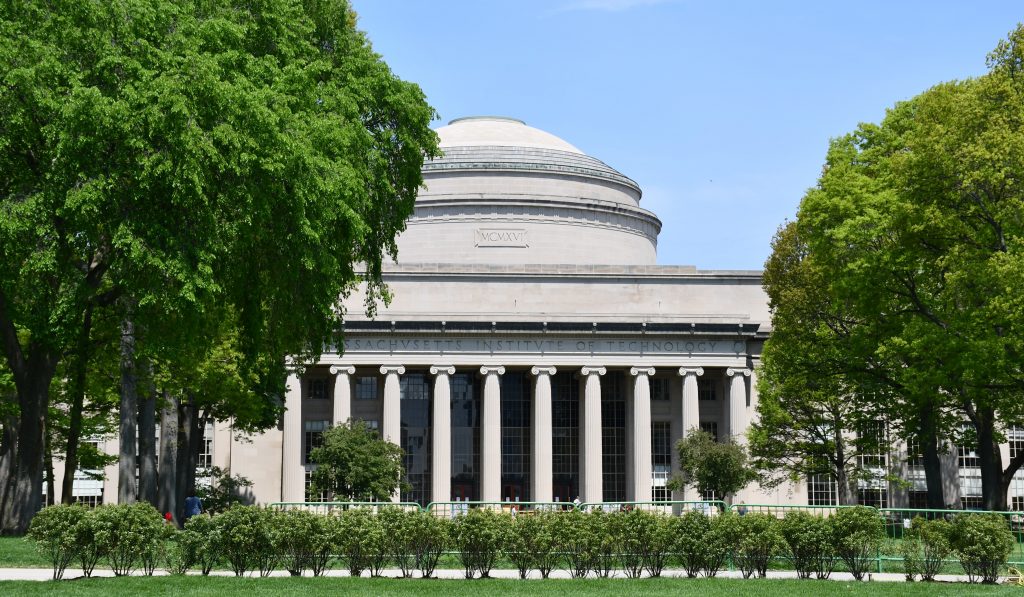
Boston, 15-17 May 2018
Massachusetts Institute of Technology (MIT)
Boston Planning & Development Agency (BPDA)
Harvard Graduate School of Design (GSD)

